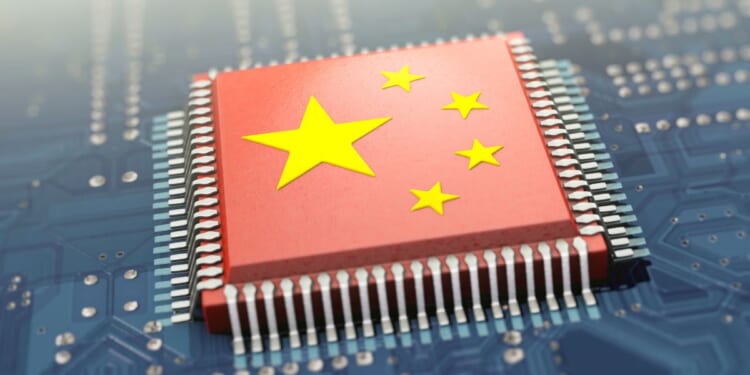Four people have been indicted in connection with what the Department of Justice said was a scheme to export advanced computer chips to China.
Two American citizens, one of whom was born in Hong Kong, and two Chinese citizens were charged with illegally exporting NVIDIA Graphics Processing Units (GPUs), which have artificial intelligence capabilities, to China, according to a Department of Justice news release.
The four men arrested were Hon Ning Ho, 34, of Tampa, Florida, who was born in Hong Kong, Brian Curtis Raymond, 46, of Huntsville, Alabama; Cham Li, 38, of China, who was living in San Leandro, California, and Jing Chen, 45, of China, who was living in Tampa on an F-1 nonimmigrant student visa.
“The indictment unsealed yesterday alleges a deliberate and deceptive effort to transship controlled NVIDIA GPUs to China by falsifying paperwork, creating fake contracts, and misleading U.S. authorities,” John A. Eisenberg, Assistant Attorney General for National Security, said.
“The National Security Division is committed to disrupting these kinds of black markets of sensitive U.S. technologies and holding accountable those who participate in this illicit trade,” he said.
The release said that China wants to lead the world’s dominant AI force by 2030, “and seeks to use AI for its military modernization efforts and in connection with the design and testing of weapons of mass destruction and deployment of advanced AI surveillance tools.” China sought the chips to advance those goals.
However, since October 2022, the Department of Commerce has put barriers in the way of the chips going to China.
The way the scheme worked, according to the allegations filed in court, Raymond was able to acquire NVIDIA GPUs through his electronics company.
They would reach China by way of Malaysia and Thailand after being illegally exported by Janford Realtor, LLC, which was controlled by Ho and Li.
The indictment noted that all involved knew licenses were required to send the chips to China, but none were obtained.
The indictment said the scheme had some successes.
Between October 2024 and January 2025, 400 NVIDIA A100 GPUs made it to China.
Attempts to export 10 Hewlett Packard Enterprises supercomputers that had NVIDIA H100 GPUs and 50 separate NVIDIA H200 GPUs were blocked by U.S. officials.
The release said the four suspects received $3.89 million in wire transfers from China.
The charges against the suspects include conspiracy to violate the Export Control Reform Act, smuggling, and money laundering.
Raymond was identified last week as the chief technology officer of a Virginia-based AI company called Corvex, according to CNBC.
That company told CNBC it had nothing to do with the case and that Raymond had been transitioning from a contractor role to an employee with the company, but his job offer had been rescinded.
Advertise with The Western Journal and reach millions of highly engaged readers, while supporting our work. Advertise Today.













